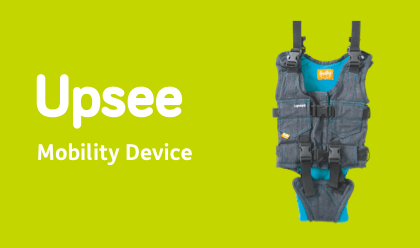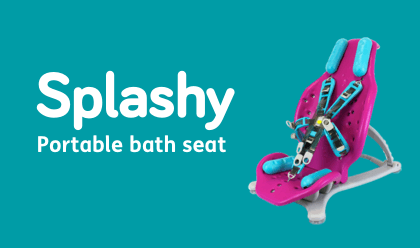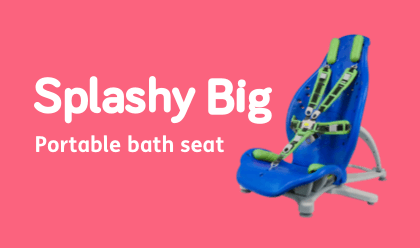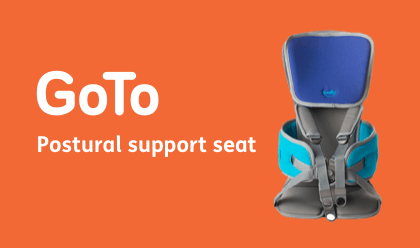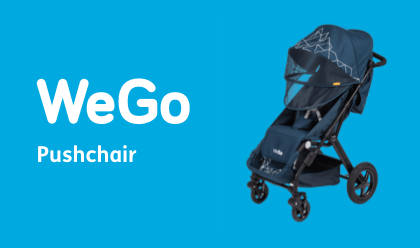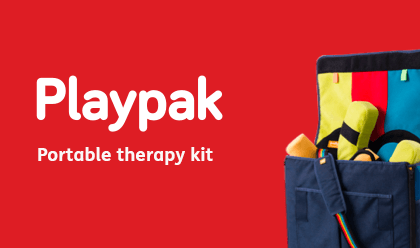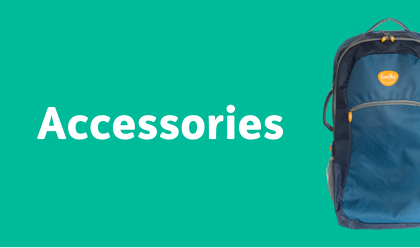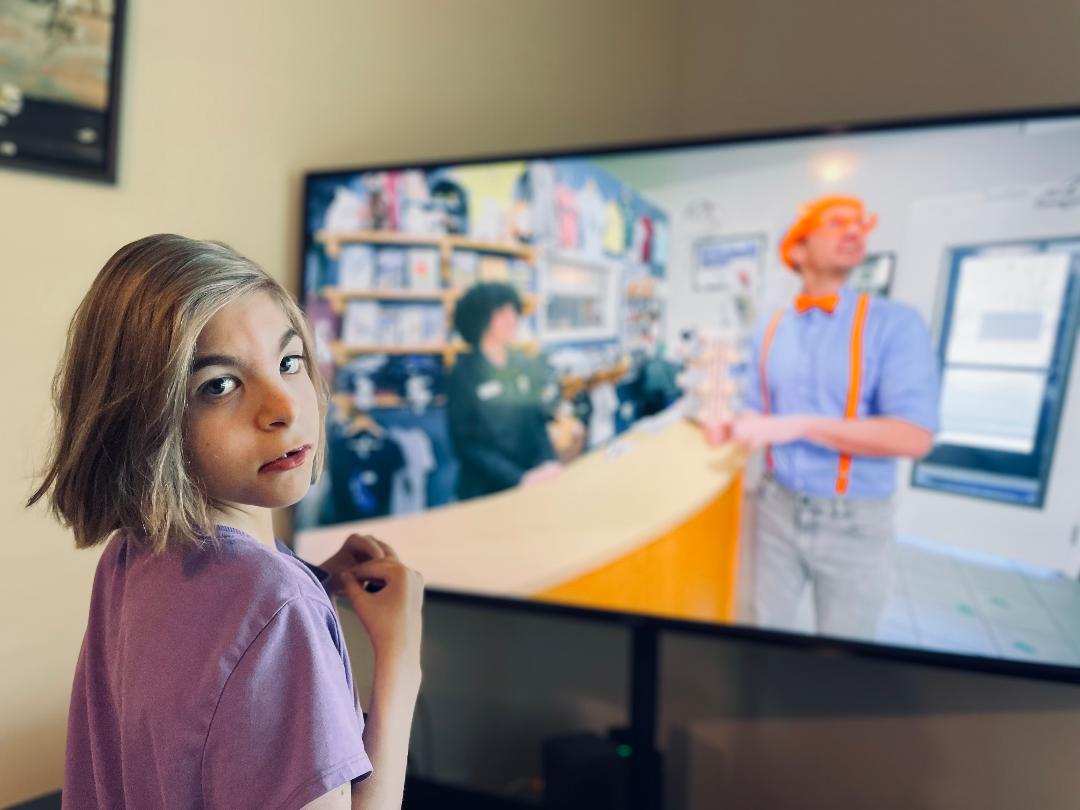Looking after Mental Health during lockdown
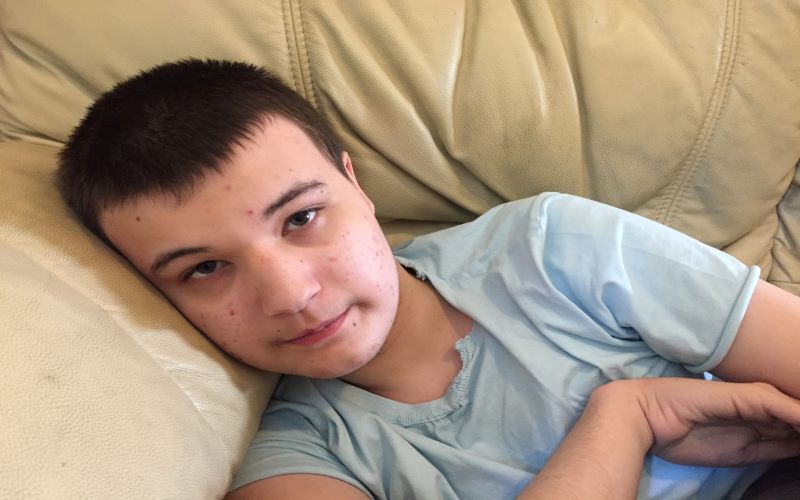
The first case of COVID-19 was reported in the UK on 31st January 2020, an unfortunate anniversary that is rapidly approaching.
While, rightly, the key focus at this time is the continued battle against the Coronavirus pandemic, there is another dangerous health crisis developing which has the potential to last for very much longer and to adversely affect far more children and young people, as well as their families.
A mental health crisis.
Here’s some of the recent reporting on this, but also seven things that we can do to make a difference for our children and ourselves:
In an article published on 5th January from the Children’s Commissioner for England, Ann Longfield, she commented that;
“Children with special educational needs and disabilities [SEND] were particularly hard hit… These children need to be in school to ensure they can keep learning but also for their wider wellbeing. A second national closure of schools will see a repeat of all of this, compounding problems that have not been addressed since the first lockdown. The impact of the pandemic on children’s mental health has been particularly worrying. In 2017, 1 in 9 children were found to have a mental health disorder. This jumped to 1 in 6 by last summer. As we do everything we can to tackle this virus, we must remember also that while children are less at risk from the virus itself, they are at real risk from the measures we take to prevent transmission, and that risk cannot be ignored.”
You can see the full article here: https://www.childrenscommissioner.gov.uk/2021/01/05/lockdown-school-closures-mean-we-need-to-act-now-to-save-childrens-education-and-wellbeing/
The BBC published an article on 7th January which added to this worrying narrative.
Parents shared their stories of the challenges they faced trying to get support from school, sharing feelings of despair at being “abandoned and let down”.
Rumya Kumar from Swindon has decided to keep her 13-year old son, who has autism, at home as she has lupus.
She kept him home during the national lockdown last March, but his condition deteriorated as a result; "He is quite happy not to go out… to stay at home with no school. But the problem is the more he stays at home, which is his comfort zone, then the harder it gets to send him to school."
She added that it took him the whole of the autumn term to readjust to school.
Due to the uncertainty of the pandemic, she said the doctors had to increase his anxiety medication to help him cope.
The full BBC article can be viewed here:
https://www.bbc.co.uk/news/uk-england-55551913
In an article published by Special Needs Jungle on 5th January, they commented that;
“Some families are dealing with the emotional fallout of the loss of loved ones, loss of an income, or wondering how to pay for life's necessities. Even if you think you're doing okay overall, you are likely to have times of feeling low, listless and lacking motivation. Children are not immune from these same feelings, but with less control over their destiny or the maturity or experience to deal with it. And that's before taking into account any special educational needs or disabilities they may be contending with.”
The full Special Needs Jungle article can be viewed here:
https://www.specialneedsjungle.com/more-parents-seeking-childrens-mental-health-support-in-pandemic-with-growing-pessimism-over-support-delays/
So, what can we, as parents, carers and other family members, do to help to protect the mental health and well-being of our children and young people, and ourselves, during this lockdown.
Options might seem limited, but there are things that we can all do that can make a positive difference both to the mental health and wellbeing of our children and to ourselves.
Here’s my seven top tips:
1. Exercise! Try to get your bodies moving. That might be anything from a walk or roll around the block to a full Joe Wicks workout, but the more we move the better our mood, so get moving!
2. Exercise your minds too! Keep your brains active. That could be by doing puzzles, playing games, telling stories, reading, anything that makes you all work those little grey cells a bit.
3. Eat well! It’s easy to fall into bad eating habits during lockdown, and comfort food can often seem to be a remedy for low mood, but eating a balanced, healthy diet can make a real difference both to our bodies and our minds. Drink plenty of water too.
4. Go outside or let the outside in! The first lockdown was accompanied by some fantastic weather, most of us were able to get outside and get our children outside and we benefitted from it. This time the weather is… less helpful, but some fresh air and a glimpse of sunshine can still lift our mental health. Even opening a window and letting the fresh air in can make a difference.
5. Talk with people! OK, we can’t see people like we would like to, but we might be able to phone, Zoom, FaceTime or whatever works for you? Hearing a loved one’s voice, maybe seeing their face if only on a screen, all can still help us feel less isolated and alone. Days without social contact can affect most of us, but if we keep in touch we can keep on top.
6. Have fun! Make sure there is time each day for the things you and your children enjoy doing. If that’s watching TV or time on the Xbox then don’t beat yourself up about it, your mental health with thank you for it. Go easy on yourselves, some days just getting through without anyone being lost or killed is a win!
7. Look for the positives and celebrate them. What went well today? What made you or your child smile? What were the wins? Focus on them, celebrate them, and repeat them!
By keeping an eye on our mental health and the mental health of our children, we can help to limit the impact that lockdown will otherwise have.

